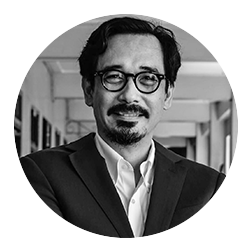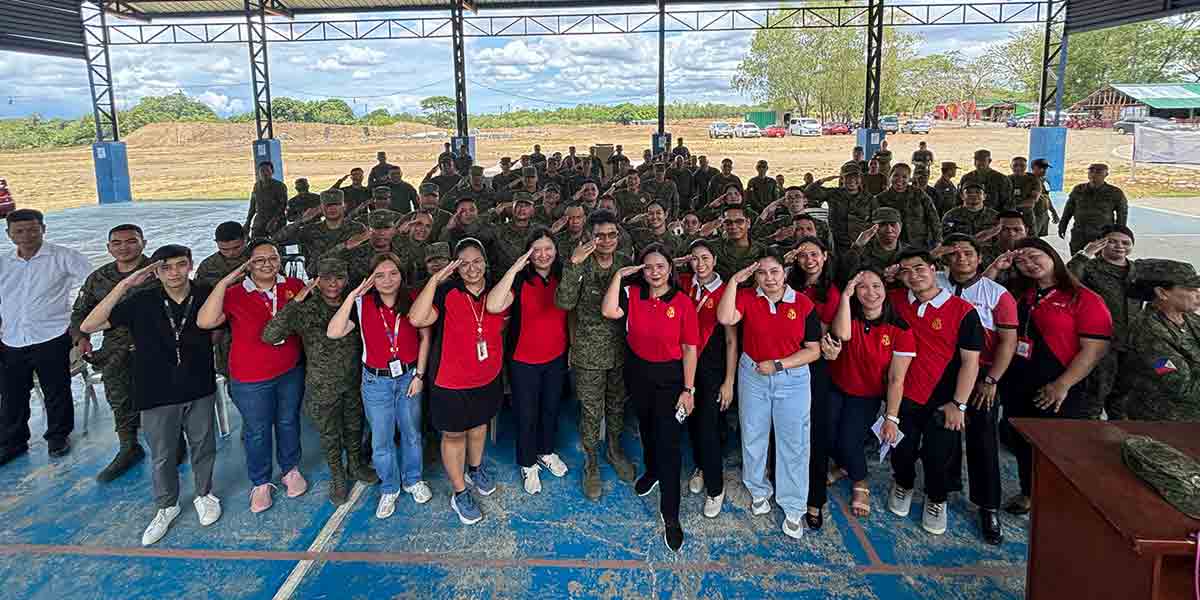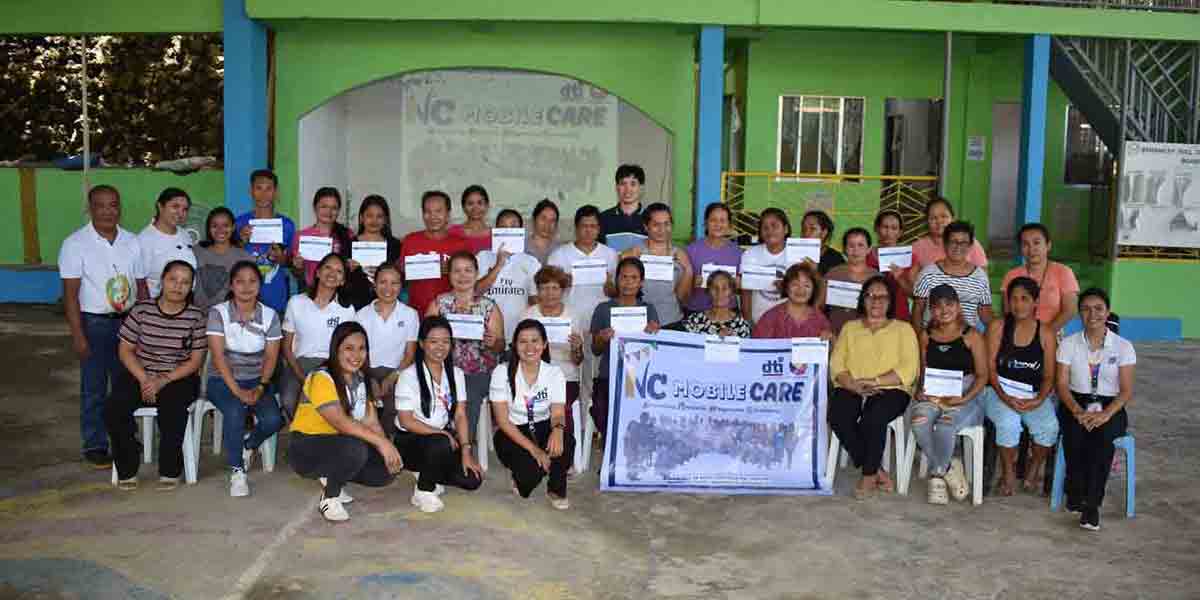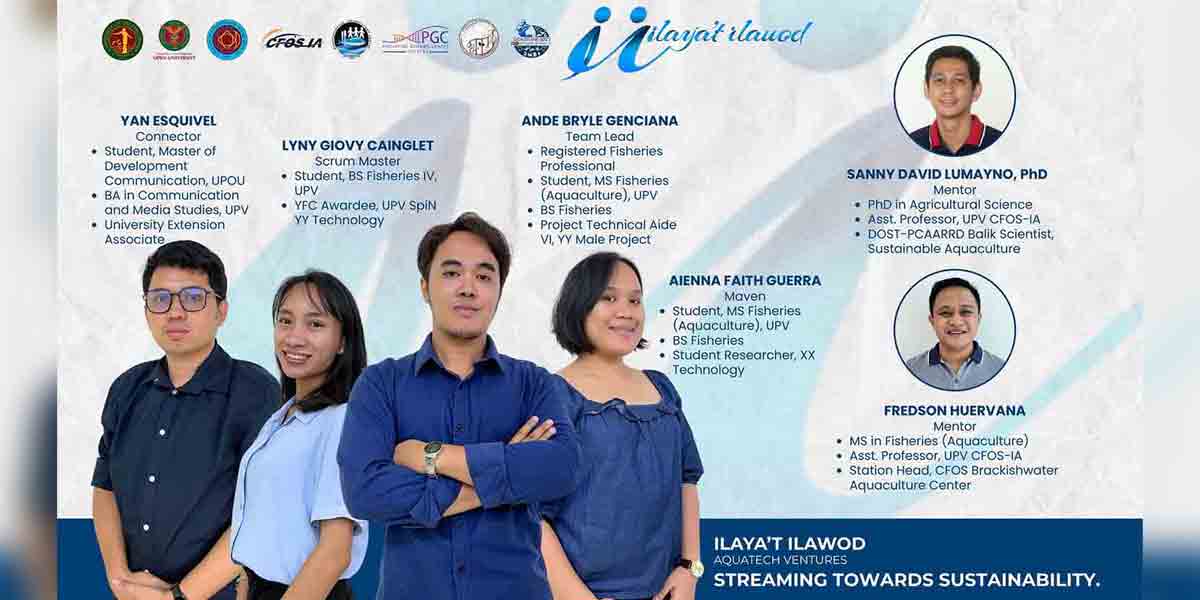 By Atty. Jose Mari B.F.U. Tirol
By Atty. Jose Mari B.F.U. Tirol
(The author is the dean of the College of Law of the University of San Agustin)
One of the first things that we usually do when meeting relatives or in-laws for the first time, is to get to know each other by asking about whose child we are, where we come from, where we studied, and what we do.
Such topics are not out of place and are even expected in family reunions, but they also crop up in other gatherings. An interesting aspect of our society and culture is that one who considers himself socially superior, upon being introduced to another who he considers to be of a lower stratum, will oftentimes conduct a short one-way interrogation about basically the same subjects. The interviewee’s answers will result in a first impression that will most likely determine how the interviewer will treat him, regardless of his personal qualities. But sometimes, something more interesting will happen: if the interviewee considers the interviewer to be beneath him. A battle of egos.
I find it a bit grating to be asked these questions – not that I am ashamed of who I am and where I come from – if the inquisitor displays a hint of condescension. Nevertheless I always keep things prim and proper, adopt a holier than thou demeanor, and stifle the urge to also cross-examine the questioner.
But parenthetically, I too have employed variations of the very same queries when interviewing prospective applicants seeking admission to the law school. In my (self-serving) defense however, their family backgrounds are only a small portion of their interview, which revolve around their past academic performance and extracurricular activities, work experience, motivations, and plans for the future. And I hope that the applicants realize that their intake interviews are not intended to prejudge or even belittle them, but to help them see the bigger picture about law school and lawyering. So they can learn to find their balance, and then rock their world.
These inquiries or variants thereof are a manifestation of our p/matriarchal and p/maternalistic political system, which is based on personalities not policies, dominated by clans, and mostly dependent on who instead of what you know. About titles and labels, both actual and pretentious.
However, we have to acknowledge that it is unavoidable for some form of personal consideration to creep into politics, public service, and all other types of ostensibly professional relationships. No man is an island, and we are always on the lookout for a way to get our foot in the door.
Nevertheless, those who are engaged in or seek entry into the public and/or professional services, as well as those with transactions in government offices and private establishments, should learn to do so without solely or mainly relying on personal connections. Those who cater to them must likewise adopt the same attitude.
And since we are humans and not robots, we cannot be prohibited from or even avoid performing our duties with a personal touch – or in medical terms, a proper bedside manner. But these should never be at the expense of the proper norms of conduct expected of us.
In fairness to us, other Asians also avoid calling their seniors or their “betters” by their first names, and to use honorifics such as “uncle” and “auntie”. Unlike Westerners who generally do not mind being called by their first names. But whether Asian or solely Filipino, the terms of respect and kinship that we use when addressing non-relatives does not make it alright for us to be subjected to the whims and caprices of those who we call Tito, Tita, Ninong, Ninang. And Tatay.





















